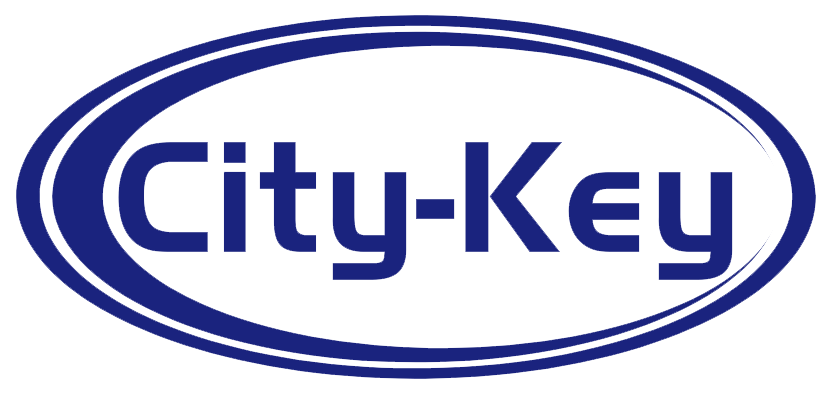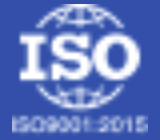The Evolution and Future Prospects of the Integrated Circuit Industry
The Integrated Circuit (IC) industry has undergone remarkable transformations since its inception, propelling technological advancements and reshaping numerous facets of modern life. This article explores the evolution of the IC industry, its current state, and future prospects.
Origins and Early Development
The journey of the IC industry traces back to the groundbreaking work of Jack Kilby and Robert Noyce in the late 1950s. Kilby's invention of the monolithic IC and Noyce's development of the planar IC laid the foundation for the burgeoning semiconductor industry. These innovations marked a pivotal moment, enabling the integration of multiple electronic components onto a single chip, thereby revolutionizing electronics manufacturing.
Technological Advancements
Over the decades, the IC industry has witnessed exponential growth driven by relentless innovation. Moore's Law, formulated by Intel co-founder Gordon Moore, predicted the doubling of transistor density on ICs roughly every two years. This prophecy has held true, driving the miniaturization of semiconductor components and the exponential increase in computing power.
Market Dynamics
The IC industry has become a global juggernaut, with key players spanning across regions. Companies like Intel, Samsung, TSMC, and Qualcomm dominate the market, continually pushing the boundaries of semiconductor technology. The industry's growth is fueled by demand from various sectors, including consumer electronics, automotive, healthcare, and telecommunications.
Challenges and Opportunities
Despite its resilience and growth, the IC industry faces several challenges. One pressing concern is the increasing complexity and cost of semiconductor fabrication. Shrinking transistor sizes and advancing manufacturing processes require substantial investments in research and development. Additionally, geopolitical tensions, supply chain disruptions, and environmental considerations pose significant risks to the industry's stability.
However, these challenges also present opportunities for innovation and collaboration. Emerging technologies such as artificial intelligence, Internet of Things (IoT), and 5G connectivity herald a new era of possibilities for the IC industry. Moreover, initiatives promoting sustainable practices and renewable energy offer avenues for responsible growth and environmental stewardship.
Future Outlook
Looking ahead, the IC industry is poised for continued growth and transformation. Advancements in materials science, quantum computing, and neuromorphic engineering promise to unlock new frontiers in semiconductor technology. Moreover, the proliferation of smart devices, autonomous vehicles, and decentralized networks will drive unprecedented demand for ICs with enhanced performance, efficiency, and reliability.
In conclusion, the Integrated Circuit industry has come a long way since its inception, driving innovation, economic growth, and societal progress. While challenges persist, the industry's resilience and adaptability ensure its continued relevance in shaping the future of technology.









